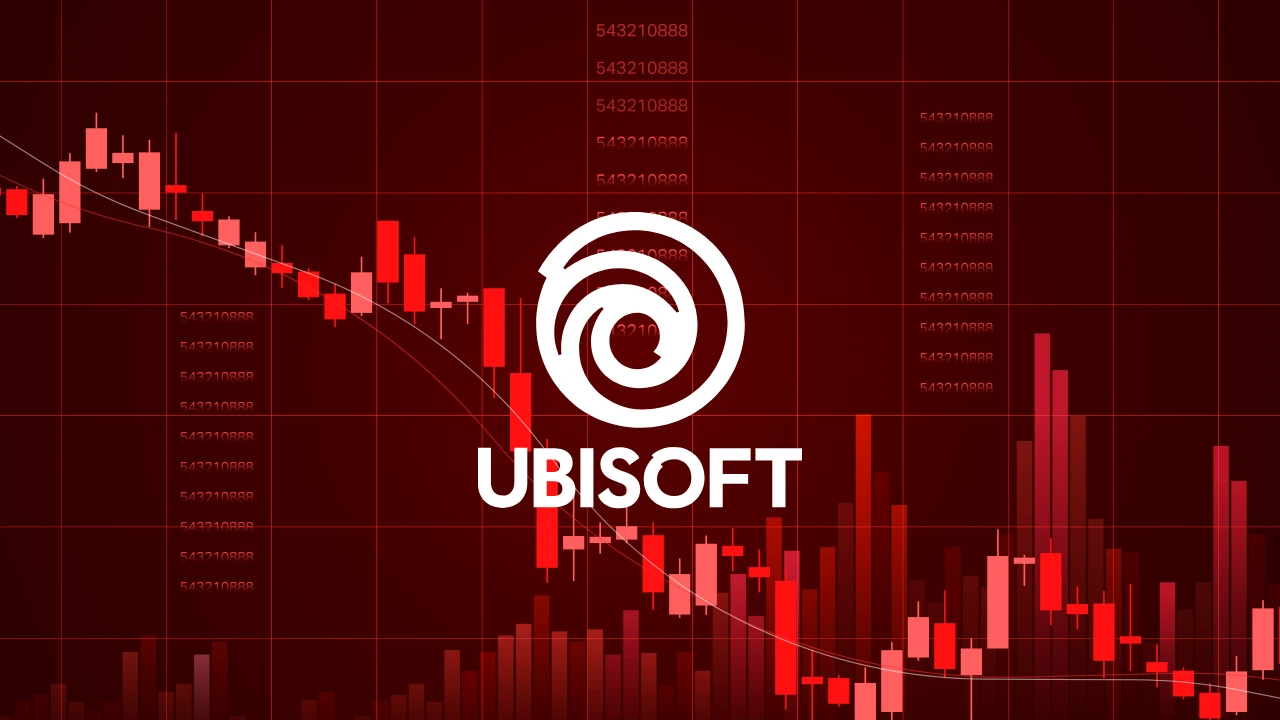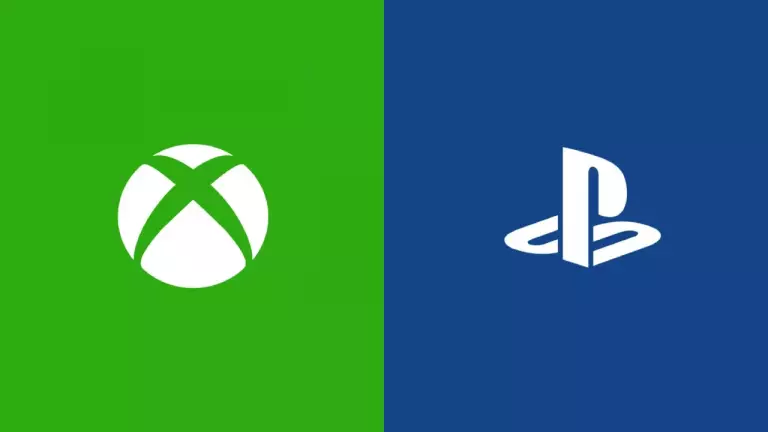The current director of LaLiga, Javier Tebas, has decided to intensify efforts to combat the illegal streaming of matches. With this in mind, measures are being implemented that affect third parties entirely unconnected to football piracy. A series of mass IP address blocks have been ordered and carried out, targeting services like Cloudflare, often used by these illegal platforms, but also by legitimate platforms.
During the latest LaLiga matchdays, several users across Spain have experienced numerous issues when trying to access their Steam libraries, with some cases rendering the platform completely inaccessible. These problems, caused by indiscriminate blocks, not only affect gamers but also numerous platforms, online stores, and businesses that have been unable to operate normally. For instance, the website of the Real Academia Española was temporarily blocked, and worse yet, the RedSys payment network, used by most banks and retailers in Spain, experienced interruptions in card transactions, resulting in significant financial losses for those affected.
The damages caused by this disproportionate and poorly executed strategy have led to mounting dissatisfaction among various organizations, including Cloudflare, which have initiated lawsuits against LaLiga for the harm caused.
How to resolve the issue of pirated streams?
If Javier Tebas wants to tackle the issue of unauthorized streams effectively, the first step should be to establish a coherent, professionally designed action plan to locate and target these groups, rather than resorting to the sloppy method of indiscriminate blocking. Such actions highlight not only his incompetence but also a lack of scruples and common sense.
Another alternative, though highly unlikely, would be to reconsider the football subscription model in Spain, which is the most expensive and exploitative in all of Europe. Football packages in Spain are tied to bundled services like internet, mobile, fiber, and TV, a win-win for telecom companies but a massive burden on fans’ wallets. Movistar and Orange practically have a monopoly on LaLiga (while DAZN offers cheaper subscriptions, it only provides access to 5 matches per round). By forcing users to subscribe to all services to access the football package, combined costs exceed €100 per month.
A comparison with the rest of Europe makes this clear. For example, in Germany, DAZN offers both the domestic league and the Champions League along with other competitions for just €30 per month. In France, Canal+ provides the national league, Premier League, and Champions League for €35 monthly, or subscribers to Amazon Prime can pay a €13 supplement to watch their league.
These examples come from countries with a much higher per capita income than Spain, yet the price is significantly lower. Comparing Spain to Italy, a country with a similar per capita income, prices are still far cheaper. DAZN offers Serie A and other competitions in Italy for €30 per month, or through Sky Italia, you can get the domestic league and Champions for €30 per month.
Football is undoubtedly a business, and it would be naive to think otherwise. However, what is unacceptable is the level of incompetence displayed by the managers and businessmen in control. Wanting to maximize profits and protect your interests is one thing. Being an unethical profiteer isn’t a crime, but violating the rights of the community and impacting unrelated businesses and organizations is inexcusable.






